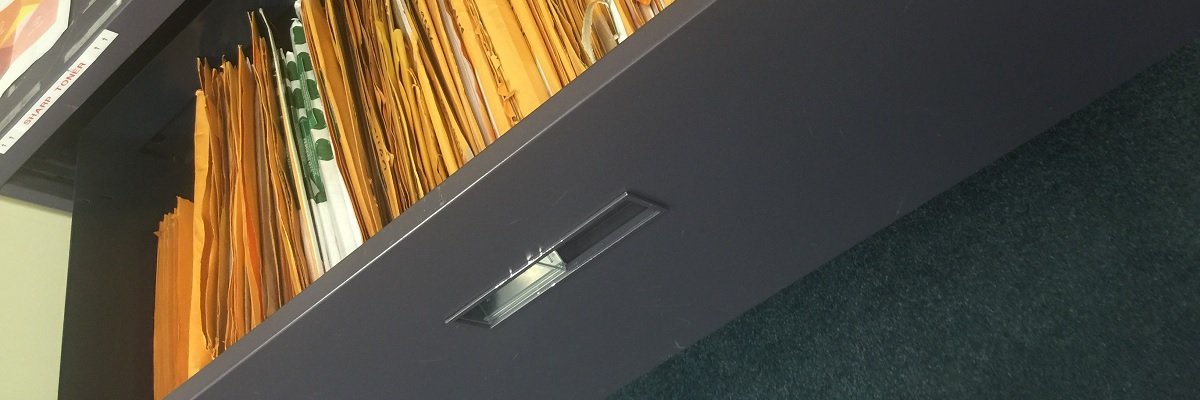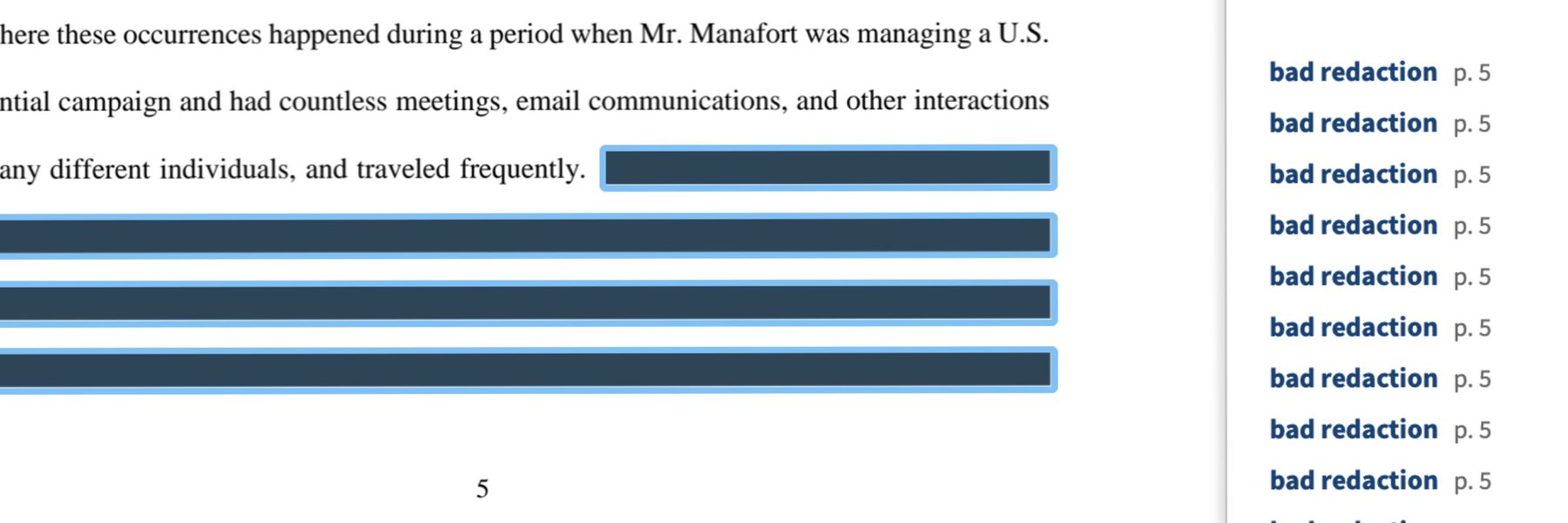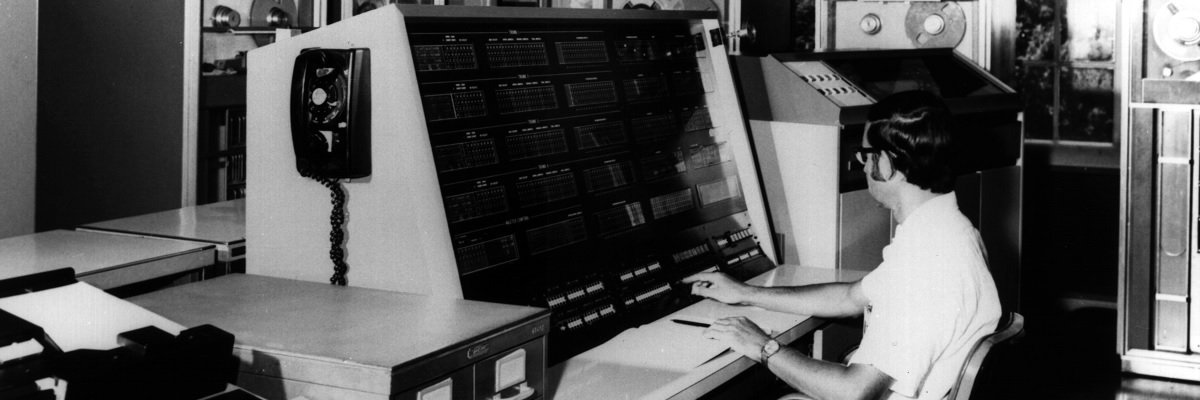Since 2010, you’ve helped MuckRock open up thousands of government agencies to a little more transparency. It’s well past time that we return the favor, and so we’re formally introducing a terms of service, a privacy policy, and explaining how long — and why — we’ll hold onto the paper versions of documents you request.
These policies will go formally into effect in 60 days, on October 5, 2014.
For the most part, we hope this codifies the way we’ve worked over the past few years, helps you better understand what information we keep and why, outlines your rights in regards to your MuckRock account (if you have one), and outlines procedures for what to do if you think information on this site violates your privacy or intellectual property.
We also have an updated Frequently Asked Questions page that outlines some more common questions users have.
We also hope that these three documents remain works in progress, and want to make sure that ultimately, what we do serves our users’ best interests and the goal of a more open, democratic government. If you have any questions, concerns, or suggestions, we want to hear them: You can email us at anytime at info@muckrock.com, share your feedback via Twitter, or email me directly at Michael@MuckRock.com.
We also want to be clear about how long we hold onto physical copies of documents, and why. Until now, and through the next 60 days, we’ve had a relatively simple policy: We held onto every single document, including tens of thousands of update letters, big boxes of PowerPoints, and hundreds of thousands of pages of other materials.
For all the talk of e-governance, most agencies are still very paper driven, particularly when it comes to public records.
Occasionally, our scanner skips a page, so holding on to these documents is essential. This is almost always noticed within a week of original processing. Very rarely, something a few weeks or a month old needs to be dug up, so we can be sure we got the order right, or to catch a page that slipped through.
Over the past three years, we have never had to go back more than six months for documents that have had problems. So today, we’re sharing a new records retention policy, in which we’ll hold on to the original physical medium (typically paper or CD) for at least a year, and then discard them.
The above picture is just a small snapshot of the drawers and drawers of response letters alone we get on a weekly basis. If you are a library or other archival institution that might be interested in long-term housing, please get in touch, but given the distributed, high quality archiving, and backup policies we already have in place, we feel confident we can keep one of the web’s largest independent archives of original government documents available and protected for a long time to come.
A very special thanks is due to Julie Geng and the Brooklyn Law Incubator & Policy Clinic for helping craft these documents.
Thanks again for an amazing four years of MuckRock: After 375,207 pages of government records successfully made public, we’re incredibly excited to continuing working with you for a more transparent democracy.




